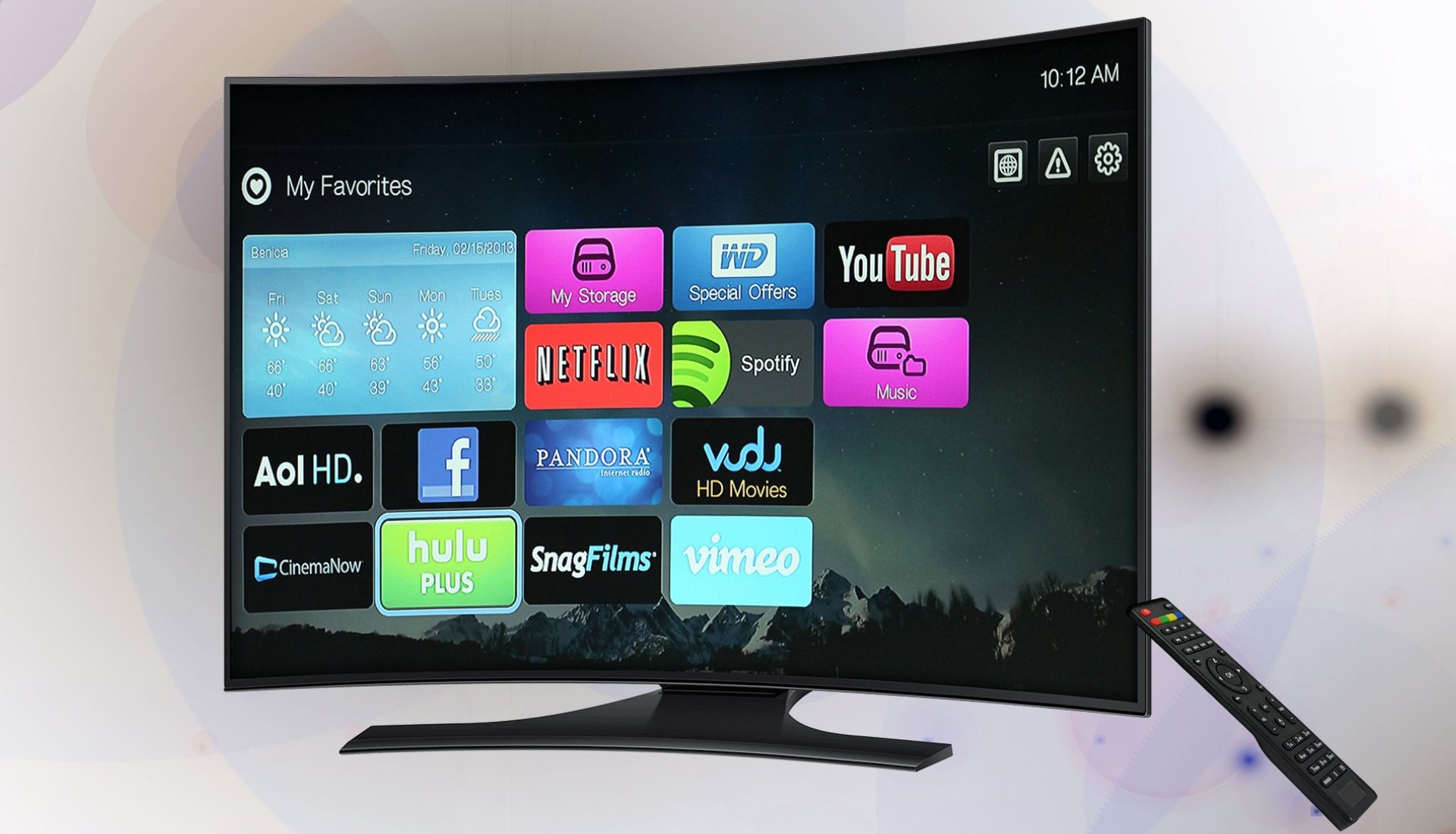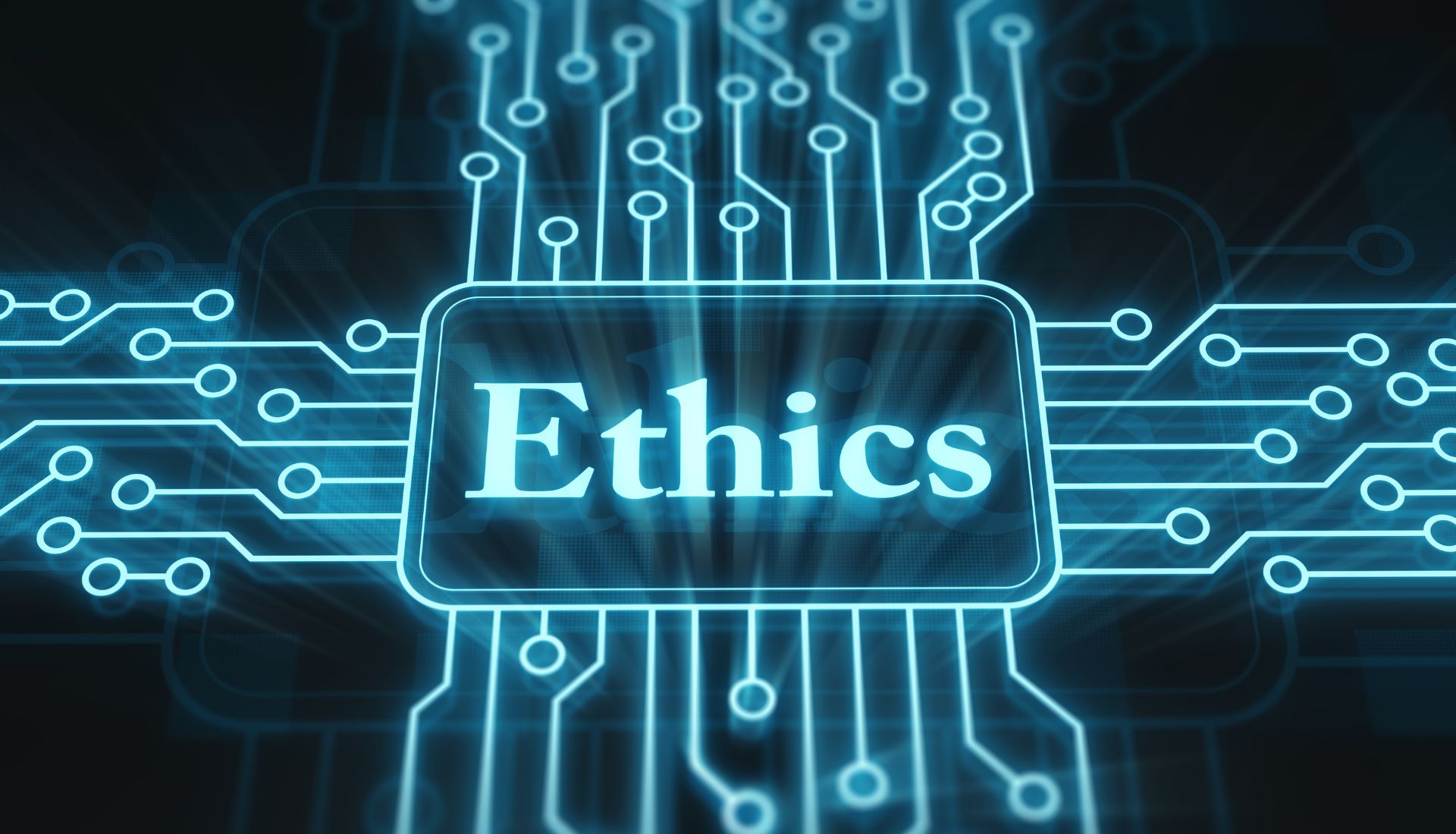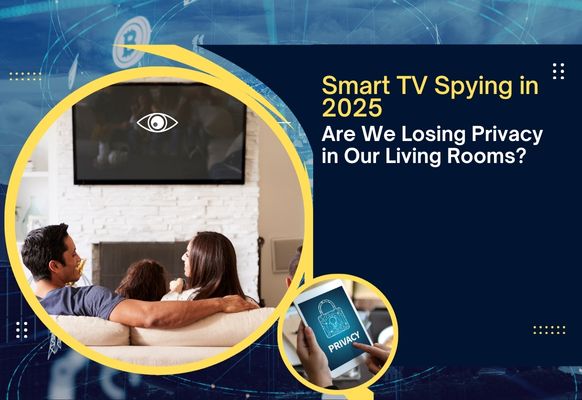It’s movie night. Everybody sits as dimmed lights reveal the popcorn machine alongside their favourite programming. You relax into your couch position, waiting to unwind. Upon viewing the ongoing synchronisation between your eyes and the video content, have you ever thought? You are focusing on the screen now, yet Smart TV spying is the show going on in the background?
By 2025, high-tech television sets will appear in every modern residential space. The devices offer superior intelligence while providing Internet connectivity as they expand beyond basic entertainment functions. Through their integrated microphones, cameras, and tracking applications, smart TVS provide users with unprecedented ease of use.
The advanced technical design of these devices conceals a concerning issue. Is your privacy at risk?
The hidden microphones and cameras in our living rooms could potentially enable surveillance of our personal spaces. These TVs acquire more personal user information as they advance in technology. The border between technical progress and privacy violations grows thinner each day.
Table of Contents
- What Are Smart TVS and Why Does Privacy Matter
- How Smart TVs Spy on Users
- What Kind of Data Is Being Collected
- The Hidden Risks of Smart TV Surveillance
- How to Protect Yourself and Your Data
- Legal and Ethical Boundaries in Smart TV Tracking
- Solving Privacy Problems: What to Do When Things Go Wrong
- Smart Privacy Tips for 2025
- Final Thoughts: Is It Time to Rethink What We Watch?
1. What Are Smart TVs and Why Does Privacy Matter

Internet-connected Smart TVs run operating systems to deliver apps alongside voice command capabilities for streaming services and include video calling features. Smart TVs use operating systems that resemble Android TV or Tizen or Roku OS and process commands similarly to how smartphones and computers do.
People find it convenient to use remote controls together with voice assistants to access digital services like Netflix, YouTube, and Spotify but this convenience requires users to give away their data. Your data.
Every time you activate streaming entertainment modes through your TV system it collects personal information that likely exceeds your expectations about what your device knows about you. Data functions as a valuable currency in contemporary reality.
2. How Smart TVs Spy on Users

Smart TVs come packed with features that collect user information in subtle ways:
Microphones and Voice Commands
Users who employ microphone-controlled remotes along with integrated assistants have these devices actively listening perpetually because of their instruction detection function. Our unintentional private talks might be captured too often, according to these privacy concerns.
Built-in Cameras
These cameras allow users to connect either for video calls or use motion-based controls but their security status determines whether they allow intruders to access systems or if a future hack occurs.
Behavior Tracking
Smart TVs collect data about your viewing choices including what you watch together with viewing times and duration. Television screens that incorporate Automatic Content Recognition (ACR) technology scan visual content before sending recorded information to their producers or advertising partners.
App and Ad Tracking
Your installed applications send your login information, preferences and browsing history details to advertisers for custom advertising purposes.
3. What Kind of Data Is Being Collected

Data collection reaches an unexpected extent with the following elements:
- Personal Information: The collected data includes names together with email addresses and precise locations that connect through Wi-Fi and other assigned accounts.
- Viewing Habits: Viewers provide information about their preferred channels alongside their streaming service usage, preferred content types and the duration of watch time.
- Voice and Audio Data: Your voice searches, background conversations that get accidentally recorded and your voice assistant interactions.
- Video Data: When cameras become operational, still images alongside video content can be recorded.
- Device and Network Data: Your IP address, along with your internet speed and additional information about your network connection,s is shared through home networks.
4. The Hidden Risks of Smart TV Surveillance

Users’ primary concern is the loss of their personal privacy. They often fail to recognise the full extent of data sharing that turns their television screens on.
The deepest issues go beyond these concerns.
Hacking Threats
Smart TVs become accessible targets for cybercriminals when they run outdated software or access unsecured networks. Through hacking attacks, hackers gain control of cameras and microphones in addition to accessing other connected devices on the same network.
Attackers have the capability to install malware without your knowledge, along with using your TV to establish botnet connections. Payment application data, along with saved account information stored on your TV, potentially becomes an easy target for hackers.
Data Misuse
Many legitimate companies transfer your personal information to marketing and research organizations despite hidden clauses within extended terms and conditions. Your viewing activities along with spoken instructions and face-to-face dialogue, can transform into useful information for analytics.
The worst part? People frequently give permission for data collection because they accept standard setup requests. Endless entertainment activities conceal complex commercial data generation that researchers have identified.
Ethical Concerns
Does society allow TV companies to analyze and profit from monitoring your household behavioral patterns? Users find this practice problematic because it enters their privacy space particularly when children use the technology.
Televisions serve as shared family tools that individuals keep in personal rooms, unlike smartphones and laptops.
Public surveillance practices within personal living spaces create substantial moral uncertainties.A capability for technology to perform something does not necessitate public acceptance or demand.
5. How to Protect Yourself and Your Data

Smart TVs present security challenges that users can control by making specific adjustments to their system knowledge:
Review and Adjust Privacy Settings
- Smart TVs let users block voice data sharing and control application tracking while disabling Automatic Content Recognition (ACR).
- Go to your settings menu immediately after installation because it typically appears under “Privacy,” “Permissions,” or “Security.”
- Check these settings every now and then particularly following software updates which could revert modifications to defaults.
Use a VPN
- Using a Virtual Private Network (VPN) lets you encrypt your internet activity while hiding your IP address from your smart TV.
- The technology blocks tracking of your viewing activities from advertisers, hackers and your Internet Service Provider.
- The most secure option is to place the VPN on your router so it safeguards all connected devices through one installation.
Disable Unused Features
You should disable both the microphone and camera when they are idle. You can both disable your smart TV camera with a cover and perform a physical disconnection of this camera feature on certain TV models.
Disabling gesture control and voice assistant features reduces the amount of data collection processes. Tear down your TV to verify that disabled features show evidence of being completely off through the physical switch or bright indicator.
Set Up a Separate Wi-Fi Network
Putting your smart devices on a separate Wi-Fi network compared to your main phone and computer network helps prevent widespread security breaches. Sharp smart device protection increases through dedicated smart device networks known as “guest networks.”
Your personal files and other devices stay protected when one device falls victim to an attack.
Update Firmware Regularly
Manufacturers send out security patches to address detected vulnerabilities. Maintain updates for your TV whenever possible.
Updates should run automatically whenever possible but you should also establish a regular monthly time to manually examine software versions. Your equipment remains vulnerable to known cyber threats because of using outdated firmware.
6. Legal and Ethical Boundaries in Smart TV Tracking

Data protection regulations throughout the world continue to strengthen despite persistent loopholes in their systems.
The Federal Trade Commission in the U.S. has pursued legal action against smart television producers because of their deceptive data practices. No single law within the federal system exists for regulating data collected by smart TVs.
The GDPR throughout the EU makes user data more accessible by giving users control over their information through consent and raising data deletion rights.
Manufacturer’s Responsibilities
TV companies should reveal everything they gather from users while offering users distinct choices for ending their data collection. Many consumers find understanding about data collection hidden in small print documents or distributed throughout different system areas.
The ethical debate continues: Our society remains divided about determining acceptable data thresholds and whether we should sacrifice privacy for simple user experiences.
7. Solving Privacy Problems: What to Do When Things Go Wrong

Follow these steps to check whether your smart TV is spying too much:
- Reset Privacy Permissions: Return to your TV setup steps to reject unknown permissions that automatically came with the default installation.
- Uninstall Suspicious Apps: Uninstall all programs from your apps list that you have never used or find untrustworthy.
- Scan for Malware: Smart TVs typically do not come with built-in antivirus protection, but might provide users with diagnostic inspection tools.
- Report to Authorities: Contact your country’s legal consumer protection agencies or the FTC when your privacy is being substantially violated.
8. Smart Privacy Tips for 2025

The following steps will help you maintain superior privacy on your smart TV system:
- Review all setup permission requests with great attention to detail.
- Create strong and unique passwords for any TV-linked accounts.
- Make sure to block the camera access when it sits idle.
- Make sure to watch your spoken words when you stand near devices with voice recognition capabilities.
- Regular checks on privacy settings help prevent changes that updates may introduce.
The speed of smart TV development means current security levels might fade into the past within the next period. Stay alert.
9. Final Thoughts:
While Smart TVs provide excellent entertainment features, they create an invisible compromise that takes away your privacy. our privacy.
The year 2025 brings us to an era where electronic displays serve dual functions as both display and monitoring tool. Your decision hinges on whether to purchase a smart TV, and also depends on the extent to which you should place your trust in it.
You can experience contemporary TV benefits by using simple security approaches alongside informed practices to minimise the level of monitoring your smart TV conducts.
Your living room needs to be a peaceful refuge which doesn’t function as an unseen monitoring system.
